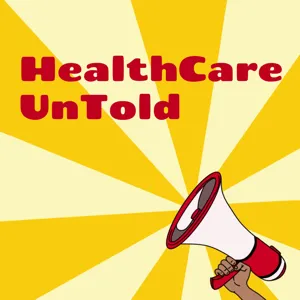Understanding the Therapy Part of Psychedelic-Assisted Therapy - Dr. Mary "Bit" Yaden, Assistant Professor of Psychiatry and Behavioral Sciences at Johns Hopkins University

We've been careful on Raise the Line to use the term psychedelic-assisted therapy because, as we've heard from previous guests, these compounds are best administered in the context of a therapeutic relationship in a safe, controlled setting. Today, we're going to focus on the therapy part of the equation with Dr. Mary “Bit” Yaden, an assistant professor of Psychiatry and Behavioral Sciences at Johns Hopkins University. Yaden contends that administering a two-to-three-month course of psychedelic-assisted therapy will be vastly different for professionals used to conventional mental health treatments that involve taking medications daily and which might or might not include long-term courses of talk therapy. “This is taking a pill twice, and participating in psychotherapy is integral to its success. This is not ‘maybe I feel better today taking an SSRI, but I'm not quite sure.’ This is deliberately taking a medicine that changes your mental state in a way that is not ordinary,” she tells host Shiv Gaglani. And while she’s encouraged by growing evidence that psilocybin and other compounds are showing therapeutic promise, she’s concerned about history repeating itself, as reflected in a 2021 article in JAMA Psychiatry she co-authored entitledPsychedelics and Psychiatry, Keeping the Renaissance from Going Off the Rails. “I think a great tragedy could be if there is so much overblown hype that we become disenchanted too early or that we start allowing for practices that are not safe.” Don’t miss this highly engaging and instructive conversation on the full picture of psychedelic-assisted therapy.
Mentioned in this episode: https://hopkinspsychedelic.org/

